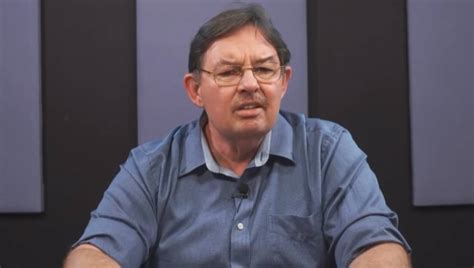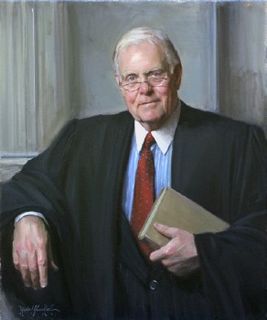A Quote by Anthony Kennedy
A law imposing criminal penalties on protected speech is a stark example of speech suppression.
Related Quotes
If the Government is going to intrude upon the sacred ground of the First Amendment and tell its citizens that their exercise of protected speech could land them in jail, the law imposing such a penalty must clearly define the prohibited speech not only for the potential offender but also for the potential enforcer.
Active liberty is particularly at risk when law restricts speech directly related to the shaping of public opinion, for example, speech that takes place in areas related to politics and policy-making by elected officials. That special risk justifies especially strong pro-speech judicial presumptions. It also justifies careful review whenever the speech in question seeks to shape public opinion, particularly if that opinion in turn will affect the political process and the kind of society in which we live.
If a university official's letter accusing a speaker of having a proclivity to commit speech crimes before she's given the speech - which then leads to Facebook postings demanding that Ann Coulter be hurt, a massive riot and a police-ordered cancellation of the speech - is not hate speech, then there is no such thing as hate speech.
Because of the free speech clause in the First Amendment, which is very clear, "The government shall make no law abridging freedom of speech," and it literally is about political speech. You can say anything you want about politics, a candidate, and the government cannot stop you. And the Democrats hate that.


































